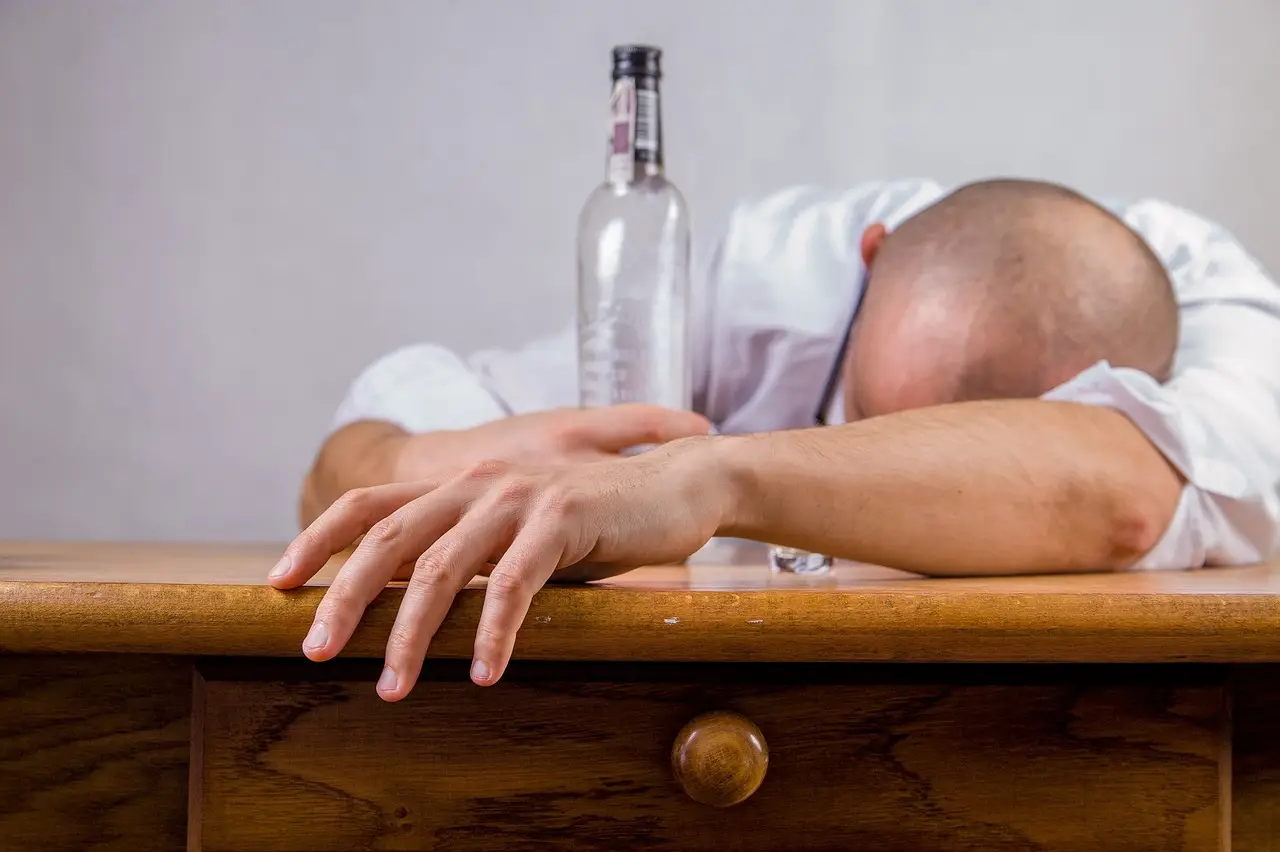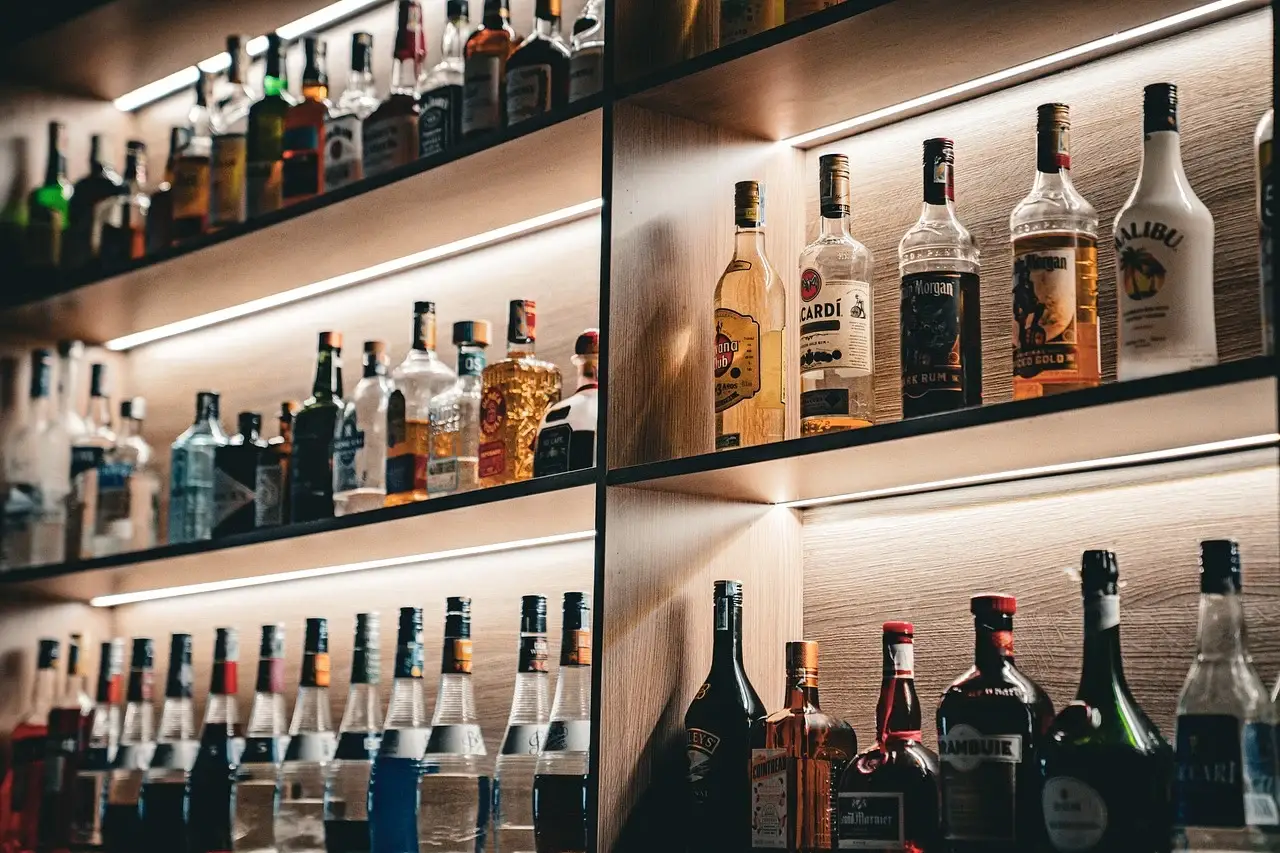
With Christmas just weeks away, many will be excited to get started on a nice mulled wine or some champagne.
That's assuming that they haven't already made a start.
But much like the beloved Christmas chocolates, it is possible to overdo it when it comes to booze.

Although most people can enjoy booze in moderation, there will be some people who cross over into having a problem.
Advert
These are the six signs somebody might be a borderline alcoholic.
Drinking without thinking
It should come as no surprise to most of us, but getting drunk helps shift our mood.
The National Institutes of Health (NIH) said that alcohol 'induces euphoria, relaxation, and disinhibition whilst reducing stress and anxiety'.
If you find yourself continuously drinking without even registering it, that's a quick way to end up drunk.
Regular drinking binges
Alcoholism, as defined by NHS GP Dr Dave Nichols, is when a person has an uncontrollable desire to drink.

Routinely drinking large quantities of alcohol is a surefire sign of addiction.
And with Christmas parties galore, there's ample opportunity to get carried away.
Only socialising when alcohol is around
Usually you'd get a few raised eyebrows if you cracked open a bottle of fizz at 8am.
But on Christmas day, it's not too strange to be chugging back champagne whilst opening up presents.
But those who are addicted to alcohol will only be interested in social interactions if a drink is present.
If you find yourself turning down a social event because of a lack of booze, think about why that may be.
Regular day drinking
Borderline alcoholics will experience several symptoms if they go sober.
Dr Nichols outlined abdominal pain, stress, anxiety, bad skin and trouble sleeping as particularly bothersome examples.
And who wants to be dealing with those around the holidays?

It's no wonder the temptation to keep day drinking will look appealing to many.
Other people not drinking annoys you
When it comes to alcohol, it's important to respect other's choices and not be too forceful about anything.
So if you find yourself getting crabby that others don't want to partake when you pop a cork, you might need to re-evaluate what's behind your feelings.
You're regularly going beyond NHS guidelines
The guidance from the NHS is not to regularly drink more than 14 units of alcohol a week.
This would be the equivalent of seven pints of normal strength lager, beer or cider.
Breaking guidelines can have big ramifications for your health.
Dr Nichols warned: "The most common long-term physical impacts of borderline alcoholism are abnormal liver function, cardiovascular disease, diabetes and mental health problems, but these are often hidden diseases and patients are unaware of them until they progress."
